Market Share
Maritime Freight Transport Market Share Analysis
In the highly competitive Maritime Freight Transport market, companies deploy various strategies to secure and enhance their market share. One fundamental approach is differentiation, where companies distinguish themselves through unique services and value propositions. Some maritime freight transport providers focus on offering specialized services, such as refrigerated cargo transport or handling oversized shipments. By catering to specific industry needs, companies can attract clients seeking tailored solutions, positioning themselves as experts in niche segments of the market.
Cost leadership is a critical strategy in the Maritime Freight Transport market. Companies that can efficiently manage operational costs, optimize shipping routes, and invest in fuel-efficient technologies can position themselves as cost leaders. This is particularly attractive to clients looking for competitive shipping rates without compromising on the reliability and quality of services. By achieving cost leadership, companies can broaden their customer base and gain a competitive edge in the market.
Strategic alliances and partnerships are another key element in market share positioning within the Maritime Freight Transport sector. Collaborations with shipping lines, port operators, and logistics providers allow companies to offer comprehensive and seamless solutions to clients. Creating a network of strong partnerships enhances the overall service offering, providing clients with end-to-end logistics solutions and reinforcing the company's market position as a reliable and efficient freight transport provider.
Customer-centricity remains pivotal for success in the Maritime Freight Transport market. Understanding and addressing the specific needs of clients, such as reliable schedules, transparent tracking systems, and responsive customer service, are crucial for building and maintaining long-term relationships. Freight transport companies that prioritize customer satisfaction and adaptability to changing client demands are better positioned to retain clients and attract new business, contributing to market share growth.
Technological innovation plays a significant role in market share positioning within the Maritime Freight Transport industry. Companies that invest in advanced technologies, such as GPS tracking, container optimization, and blockchain for transparent documentation, can improve operational efficiency and customer service. Embracing digital solutions not only enhances the reliability of services but also positions companies as forward-thinking and technologically advanced in a rapidly evolving market.
Environmental sustainability is increasingly becoming a focal point for market share positioning in the Maritime Freight Transport sector. With growing awareness of environmental issues, companies that adopt eco-friendly practices, invest in fuel-efficient vessels, and implement emission reduction strategies can appeal to environmentally conscious clients. Sustainability initiatives contribute to a positive brand image, attract a socially responsible customer base, and align companies with evolving regulatory standards.
Global expansion is a common strategy in the Maritime Freight Transport market. Companies may invest in expanding their fleet, acquiring new vessels, or entering new international routes to tap into emerging markets and increase their global reach. Establishing a presence in key trade routes and ports allows companies to adapt to shifting trade patterns and strengthen their market position on a global scale.


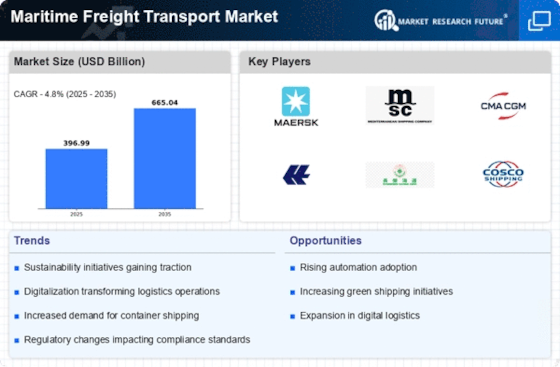
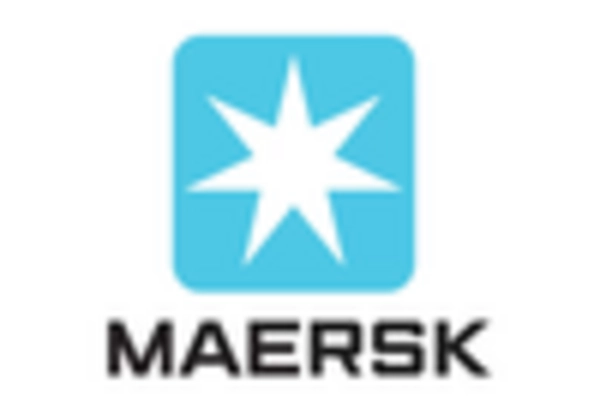
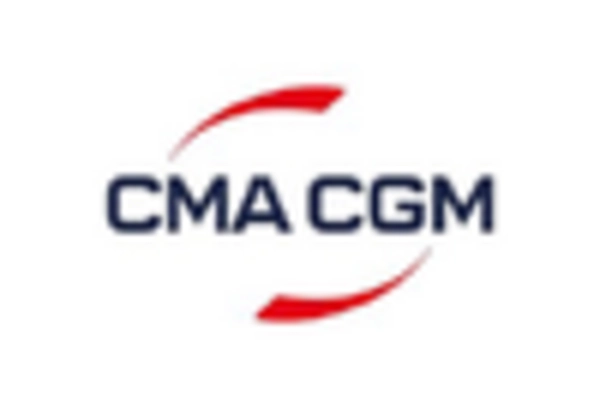
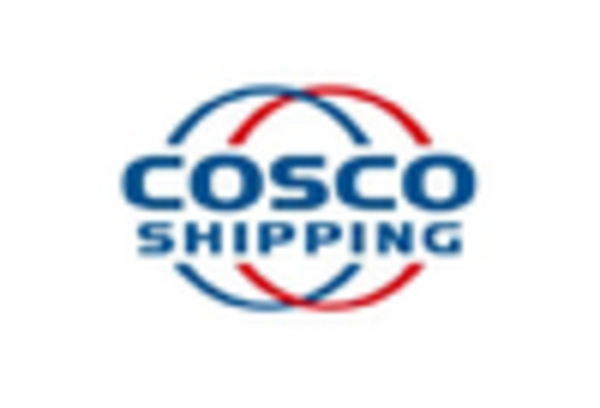

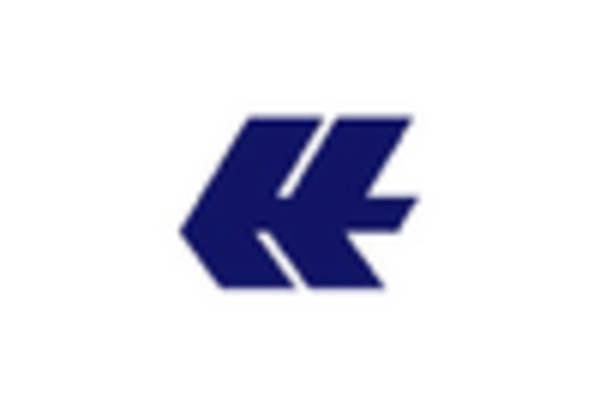
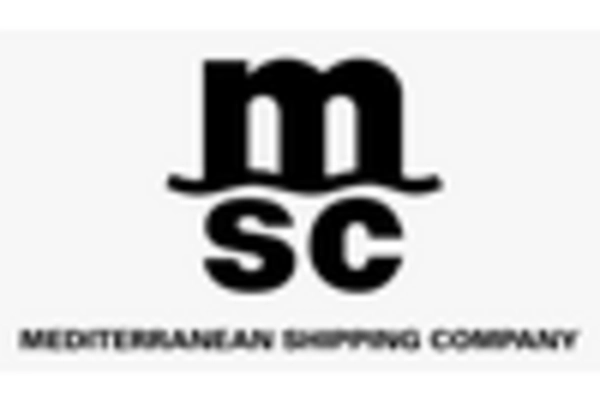









Leave a Comment